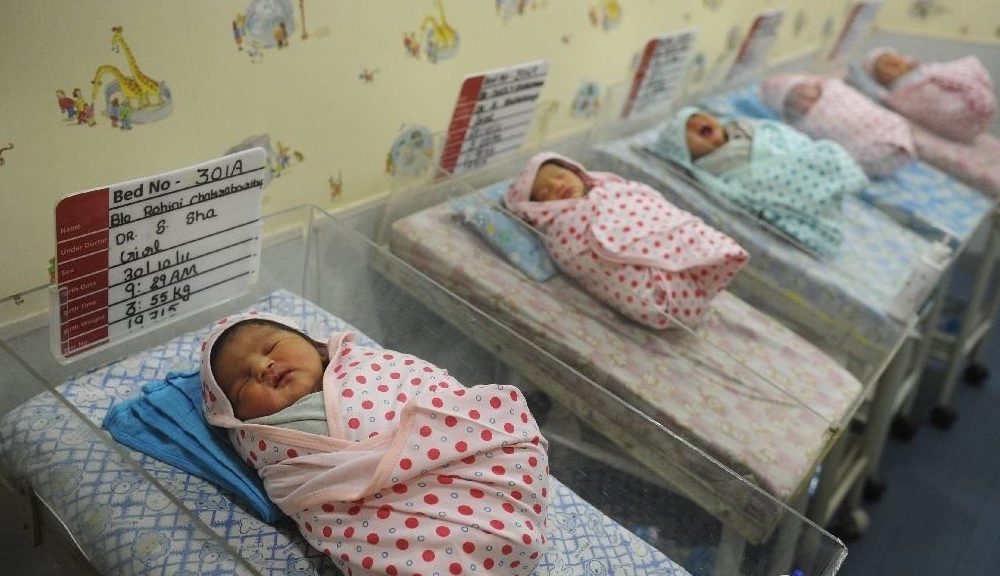
India joins 8 others to better maternal & newborn health: Will it work?
As part of the WHO’s initiative to better the quality of maternal and newborn healthcare, India has joined eight other nations. The Quality of Care(QoC) improvement network was launched by the WHO and other partners in February in the East African nation of Malawi.
The only other Asian nation in the group is Bangladesh. The rest are all African countries.
It’s been said that the participants from India, who include government nominees are working out a roadmap for bettering the QoC for maternal and newborn health with network partners. Aside from the WHO, among the partners are the United States Agency for International Development (USAID), the Bill and Melinda Gates Foundation (BMFG) and the UNICEF.
The network would advocate improving the quality of care by aligning National Quality Assurance System with the WHO QoC guidelines. This would help “to improve maternal and newborn health and piloting the district implementation model in selected states and district.” Also, it would enable quality assurance teams at healthcare facilities to monitor and implement QoC measures.
It’s hoped that this would bring a culture of quality to healthcare facilities that would promote positive and sustainable health outcomes. It’s said that the learning derived from these pilots would be documented for possible scale-up under the National Quality Assurance program.
Issues that should be tackled
The move to join the group comes at a time when infant, child and maternal death rates in the country leaves a lot to be desired. This, despite the multiple schemes- like the Janini Suraksha Yojana that have been initiated for tackling such issues.
Globally, over half a million women lose their lives from pregnancy and childbirth related complications. Around 4 million new borns die within 28 days since birth. And there are millions more who suffer from a multitude of birth related injuries, disabilities and diseases. India harbors a pretty high percentage of such populations.
Reports from 2010 show that 19% of all maternal deaths in the world took place in India. On the positive side, an annual decline of 5.7% in maternal mortality was registered between 2005 and 2010. Also, the subcontinent has the largest number of child deaths under the age of five in the world(approx.. 15.8 lakh).
Quality of care is one of the crucial factors in maternal health, a predictor of service utilization more significant than access. Even though quality of material health services has seen good growth in the last 10 years, when compared to most emerging economics, India lags well.
A few pre-requisites have to be in place for a better quality of care. For instance, a consistent uptake of maternal healthcare services has to be present across the length and breadth of India. This again depends on policies and government programs that would see interventions implemented based on evidence. Such programs would also be supported with continual monitoring and progress evaluation.
One other critical aspect is the level of care that a pregnant lady and a newborn receive from families and communities. Education measures to this end must also be considered as part of the over-all plan to address the issues.
Given such obvious gaps that need to be filled in the nation’s efforts for better maternal and newborn healthcare services, India’s move to be among the 9 nations as part of the initiative by WHO and partners is laudable. What left to be seen is how much the issues would be addressed in the roadmap created by this new initiative.
Image credits: southlive.in
Images may be indicative